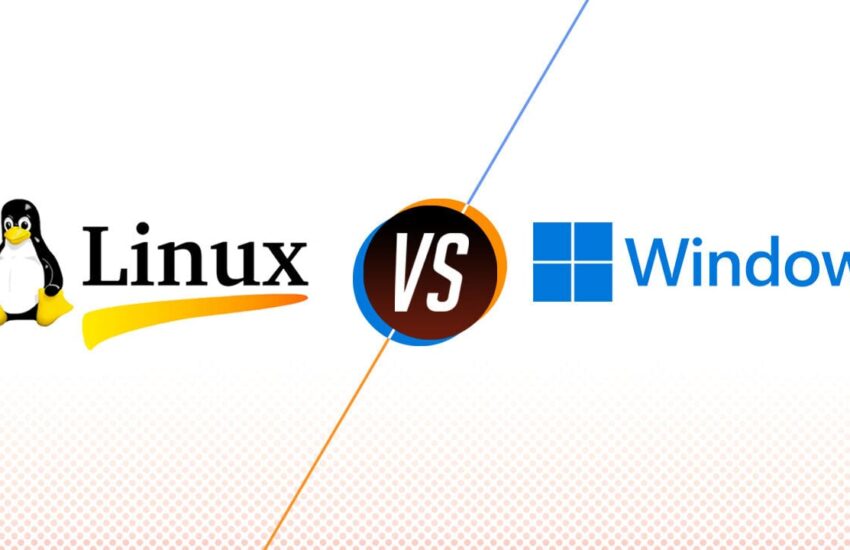Tired Of Managing Your Own SaaS Solution? Then Managed Services May Be the Answer
Over the past few decades, the technology landscape has undergone a revolutionary transformation. One of the most significant changes has been the rise of Software as a Service (SaaS) solutions, which have reshaped how businesses operate and serve their customers.
In the early days of computing, software was traditionally installed and maintained on local servers, which required significant investments in infrastructure, hardware, and IT personnel. However, the advent of SaaS marked a pivotal shift in how software is delivered and accessed.
Industries Benefiting from SaaS Services

Since its inception, SaaS has proven to be a game-changer across various industries, providing innovative solutions to long-standing challenges. Industries like finance, healthcare, retail, marketing, and customer service have all reaped the rewards of adopting SaaS technologies.
The types of technologies delivered through SaaS have expanded considerably, ranging from customer relationship management (CRM) platforms, project management tools, and accounting software to advanced data analytics and artificial intelligence applications.
The Drawbacks of Managing Your Own SaaS Solutions
As businesses grow and add more SaaS tools to their tech stack, ensuring seamless integration and proper utilization becomes complex. Managers might struggle to allocate time for managing these services effectively, which could lead to underutilization of the available tools and functionalities.
Additionally, without proper training on maximizing the benefits of the SaaS solution, businesses may fail to tap into the full potential of the technology. The lack of expertise and understanding can hinder a company’s ability to gather and interpret critical data insights for decision-making and to stay competitive in the market.
Challenges in Monitoring Customer Experience Insights

One of the critical aspects of modern business success is understanding customer sentiments and preferences. SaaS solutions that help monitor customer experience insights, such as feedback on marketing campaigns or retail experiences, are pivotal in shaping business strategies. However, keeping track of these insights can become challenging when managers are preoccupied with other responsibilities.
Managed Services: A Comprehensive Solution

Recognizing the challenges businesses face in managing their own SaaS solutions, some forward-thinking SaaS providers now offer managed services. This all-in-one approach allows clients to entrust the management of their SaaS solution to a team of experts, alleviating the burden from their internal teams. With managed services, businesses can focus on their core competencies while leaving the technical intricacies to skilled professionals.
Companies ensure they never miss out on crucial customer insights and data by opting for managed services. The managed service providers continuously monitor the performance of the SaaS solution, implement necessary updates, and offer dedicated support and training to ensure businesses extract maximum value from their technology investments.
“Embracing managed services for your SaaS solutions is a strategic move to unlock their true value. Businesses can focus on growth and customer success by entrusting expert teams to handle the technical complexities. Utilizing data insights, ensuring security, and adapting to market conditions become seamless, empowering managers to make informed decisions and foster long-term growth.”
– Michael Bradford, Head of Operations, Americas, HappyOrNot
About HappyOrNot
HappyOrNot revolutionizes customer feedback with its innovative smiley-faced kiosks and digital solutions. Empowering businesses worldwide, HappyOrNot enables real-time customer satisfaction measurement, allowing companies to understand and enhance customer experiences. Its intuitive and instant feedback system gives businesses valuable insights to make data-driven decisions and drive continuous improvement.
Empowering Business Managers for Success

In today’s fast-paced business environment, managers have more on their plate than ever before. They oversee day-to-day operations, drive growth strategies, manage teams, and more. Having a team of experts manage their SaaS solutions can significantly alleviate their workload and provide peace of mind.
By leveraging managed services, business managers can confidently navigate the complexities of SaaS solutions without worrying about technical glitches or data mismanagement. Instead, they can focus on using the insights provided by the SaaS solution to make informed decisions, drive customer engagement, and enhance overall business performance.
The Benefits of Having Someone Manage Your SaaS for You
- Expert Guidance: Managed service providers bring expertise and in-depth knowledge of SaaS solutions, ensuring businesses make the most of their technology investments.
- Continuous Monitoring: With dedicated professionals overseeing the SaaS solution, businesses gain real-time monitoring and rapid issue resolution, minimizing downtime and disruptions.
- Data-Driven Decisions: Managed services provide regular data insights and analysis, empowering enterprises to make informed decisions based on accurate and up-to-date information.
- Enhanced Security: SaaS providers offering managed services implement robust security measures, safeguarding sensitive business data from potential threats and breaches.
- Scalability and Flexibility: Managed services enable businesses to scale their SaaS solutions seamlessly as their needs evolve, adapting to market conditions effortlessly.
The Dangers of Unhappy Customers in Today’s Economy

- Reduced Customer Loyalty: Unhappy customers are less likely to remain loyal to a brand, leading to increased customer churn and reduced lifetime value.
- Negative Word-of-Mouth: Unhappy customers are more inclined to share their negative experiences with others, potentially damaging a company’s reputation and hindering new customer acquisition.
- Impact on Revenue: Unhappy customers may result in reduced sales, as dissatisfied individuals are less likely to make repeat purchases or recommend products or services to others.
- Loss of Competitive Edge: Customer satisfaction is a key differentiator in today’s competitive landscape. Failure to meet customer expectations could result in losing market share to competitors.
- Customer Retention Costs: Acquiring new customers can be more expensive than retaining existing ones. The cost of acquiring new customers increases when unhappy customers leave, further impacting on the company’s bottom line.
Conclusion
The evolution of SaaS solutions has revolutionized how businesses operate, offering various benefits across various industries. However, managing these solutions can be time-consuming and complex, especially when monitoring critical customer experience insights.
Fortunately, the rise of managed services has solved these challenges. By entrusting SaaS management to a team of experts, businesses can optimize their technology investments, stay ahead of customer expectations, and foster long-term growth.



